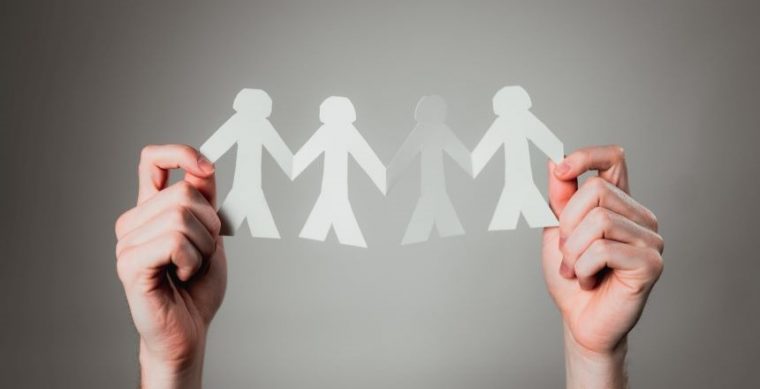
It’s that time of year. Cue the extra stress! The last two months of the calendar year are filled with opportunities and tasks that may test you, stretch you, entertain you, frustrate you, surprise you, or exhaust you.



At some point in life, many people experience some form of trauma. This may be a personal trauma that occurs at home or in the workplace. It might also be a collective trauma, such as the trauma experienced by many in the United States after the 9/11 terrorist attacks.
A number of books have been written about trauma and how to heal from it. Two books we recommend are Untangling the Mind: Why We Behave the Way We Do by David Theodore (“Ted”) George and What Happened to You?: Conversations on Trauma, Resilience, and Healing by Bruce D. Perry and Oprah Winfrey. For those of you who don’t have the time or inclination to explore this topic more deeply, we’d like to share a few points that everyone should be aware of since the ripple effects of trauma can affect relationships and the ability to work effectively.

The decline of social connection and rise of loneliness in the United States has caught the attention of the U.S. Surgeon General’s office, which prompted the publication of a new advisory.
“The harmful consequences of a society that lacks social connection can be felt in our schools, workplaces, and civic organizations, where performance, productivity, and engagement are diminished,” writes U.S. Surgeon General Vivek Murthy in Our Epidemic of Loneliness and Isolation: The Surgeon General’s Advisory on the Healing Effects of Social Connection and Community released on May 2, 2023. “Given the profound consequences of loneliness and isolation [on individual and societal health], we have an opportunity, and an obligation, to make the same investments in addressing social connection that we have made in addressing tobacco use, obesity, and the addiction crisis.”

On Good Friday this year, I found myself in an operating room with my arms literally stretched out like Jesus on the cross as ten medical professionals prepared me for surgery. To my surprise, as a mask was placed over my nose and mouth to administer general anesthesia, I felt grateful rather than scared.

Our focus is on the importance of human connection and cultivating a culture of connection in the workplace, but what we’ve learned about connection applies beyond the realm of our work lives. The principles are relevant for individuals, community groups, sports teams, nations and even families. Knowing that a connection deficit negatively affects our own health and well-being, the health of groups and the health of society, we’ve become concerned observing how the pace and stress of life threaten to squeeze out time for supportive, lifegiving relationships and endeavors. Improving connection in the home can lead toward a more fulfilling life and healthier communities, organizations and nations.

My mind is full. These days there is so much information coming at us around the clock, from so many sources. Plus, I love to learn and assimilate new research findings, stories, and perspectives into the work we are doing on connection and organizational culture. Being an integrative thinker has its strengths. It’s certainly stimulating (and sometimes exhausting). I recognize that a downside, especially for someone consistently advocating for the importance of connection in our work lives and personal lives, is that my natural bent to be in my head can be a source of disconnection.

The image of trees being whipped back and forth during a storm is an appropriate analogy for humans weathering especially stressful seasons in life. It was on my mind as I followed the coverage of Hurricane Ian and the destruction it left in its wake at the same time I was reading new research that came out on rising burnout among physicians. I thought of how those in healthcare have been battered by a fierce hurricane called the Covid-19 pandemic. They faced a powerful and unpredictable foe, one that shifted and adapted as it went along, one that was fatal to some it encountered and left others unscathed. Shaken and tested by what must have felt like an unrelenting storm in the first year, some in healthcare were able to persevere and remain standing strong and some fell. Still others are upright, but for how much longer?

The FBI reports that people who become active shooters often feel socially rejected: “Time and again, targeted violence offenders have claimed to be persecuted and alienated from their peers, family and world at large, viewing themselves as outsiders and not part of a larger social network.”

Emotions are contagious. For that reason, you need to pay attention to your own emotions and those of the people around you.
At work, how would you characterize the emotional state of your team? If you were to think of it as a river, is the quality of the water life-giving and invigorating, or some level of toxic? Is the water current robust or more of a trickle?